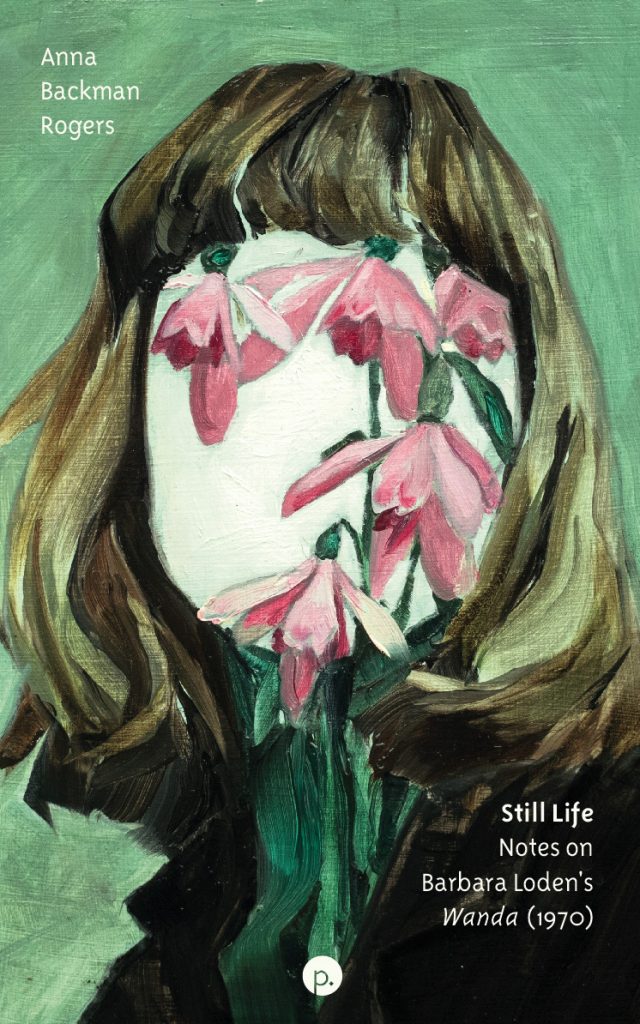This book takes a film of extraordinary and unique significance and gives it the lengthy, detailed attention it deserves. By addressing the aesthetics and politics of Wanda, Backman Rogers helps set the record straight on the remarkable cultural contribution of Barbara Loden. This is a profoundly significant event in global film culture.
~Adrian Martin, author of Last Day Every Day: Figural Thinking from Auerbach and Kracauer to Agamben and Brenez
Refusing Berlant’s “cruel optimism,” and specifically the platitudes of redemption, resolution and recuperation, Barbara Loden’s film Wanda – and Backman Rogers’s incandescent reading alongside it – feel into the all in Wanda’s and Loden’s separate but enmeshed alone/s, their completeness and complexity as a form of classed refusal, one that is at once anti-American and anti-auteurist. Brilliantly reading Loden as a collective – all, alone – of experienced writer, visionary director, skilled performer, and radical thinker, Backman Rogers engages in a feminist, anti-capitalist act of paying attention, reconceiving the close reading as a political act whose ethical intimacies see all these facets of Loden working together in and through Wanda, challenging us as readers, viewers, critics and subjects, all alone yet connected by the film, to commit to the same.
~ So Mayer, author of Political Animals: The New Feminist Cinema
This sensitive and insightful work is immersed in both the ethics of the film and the filmmaker, as well as the depressive affect that the film ineluctably conjures. Backman Rogers delineates the precision of Wanda’s political moment, while demonstrating how its politics and aesthetics are irresistibly contemporary in its depiction of a state of blockage, impasse, and failure. The book establishes this unique film as a vital study of feminine and working-class failure, and confirms its status as a ‘major minor film’ which more than merits this level of care and respect.
~ Lucy Bolton, author of Contemporary Cinema and the Philosophy of Iris Murdoch
Anna Backman Rogers’s volume on Barbara Loden’s Wanda highlights the many levels on which this film presciently articulates certain key ethical and formal concerns of feminism in its own and the current moment. Arguing that Wanda taps into an aesthetics that privileges the margins, denial, refusal, and impossibility, Rogers outlines hallmarks of radical women’s cinema and incisively explores this remarkable film’s subtle dynamics in those terms. The centerpiece is Rogers’s brilliant extended formal reading of the film that carefully attends to each scene’s details—of color, repetition, framing, editing, everything—in order to unfold the powerful dynamics of Wanda’s story, such as it is. An inspired contribution to studies of Wanda and feminist cinema more widely.
~ Sarah Keller, author of Anxious Cinephilia: Pleasure and Peril at the Movies


One thought on “Still Life: Notes on Barbara Loden’s “Wanda” (1970)”